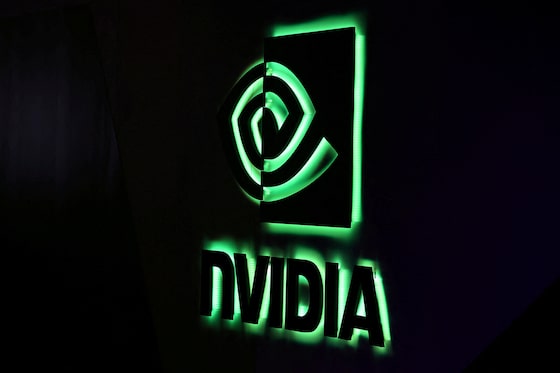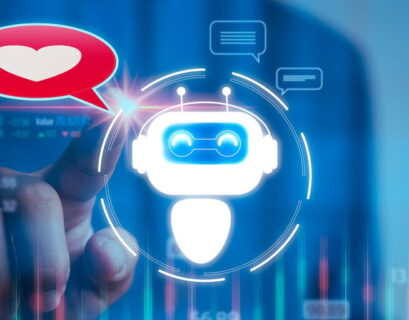AI-driven personal computers are poised to lead the way in the future, with industry giants such as Intel, AMD, and Apple endorsing computers equipped with neural processing units (NPUs). However, what truly captures my interest are the AI tools and functionalities embedded within Google’s ChromeOS.
While the industry leaders express confidence that a significant portion of personal computers will harness AI capabilities by 2024, as projected by Gartner, there seems to be a disconnect between this anticipation and the expected standard for AI-powered PCs.
The cost of entry into this realm of technology could soar into the thousands, presenting a substantial investment for consumers without a clear roadmap for the future development of these products.
In contrast, Google’s ChromeOS has been leveraging AI tools behind the scenes for some time now. These tools include the launcher search bar, hardware acceleration, live captioning, palm rejection for stylus use, and AI-optimized batteries that extend battery life.
John Maletis, Google’s VP of ChromeOS Product, UX, and Engineering, highlights the potential of generative AI to introduce valuable features. He emphasizes Google’s focus on implementing AI features that genuinely benefit users, rather than adding features for the sake of it.
The Google Chromebook Plus has already integrated several of these useful features and tools into its laptop lineup. Maletis mentions the inclusion of writing and reading assistants, the Magic Eraser, and more, sourced from Google Gemini (formerly Google Bard) and integrated into Google Workspace and other applications.
A recent update to Google Gemini introduced generative AI for image creation, seamlessly integrated into Google products and accessible via a simple right-click. Additionally, Google Workspace now offers convenient writing tools that enable users to input a prompt and generate text with a right-click. Users can even infuse the text with relevant emojis using the “emoji-fy” feature.
Maletis underscores Google’s commitment to democratizing access to new technologies, including AI. The inherent advantages of ChromeOS in leveraging the cloud infrastructure play a pivotal role in enabling these advancements in the nascent stages of AI technology.
Despite the potential challenges associated with generative AI, numerous AI features, tools, and applications hold significant promise for enhancing user experiences. It is crucial that these tools are not restricted to expensive technologies beyond the reach of the average consumer. Ensuring that high-quality AI remains accessible to all is paramount.










